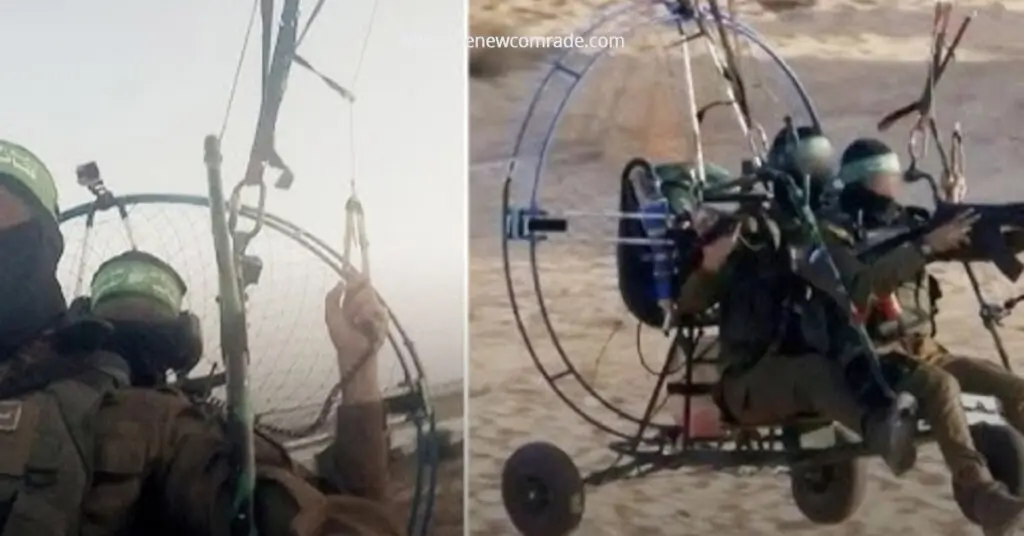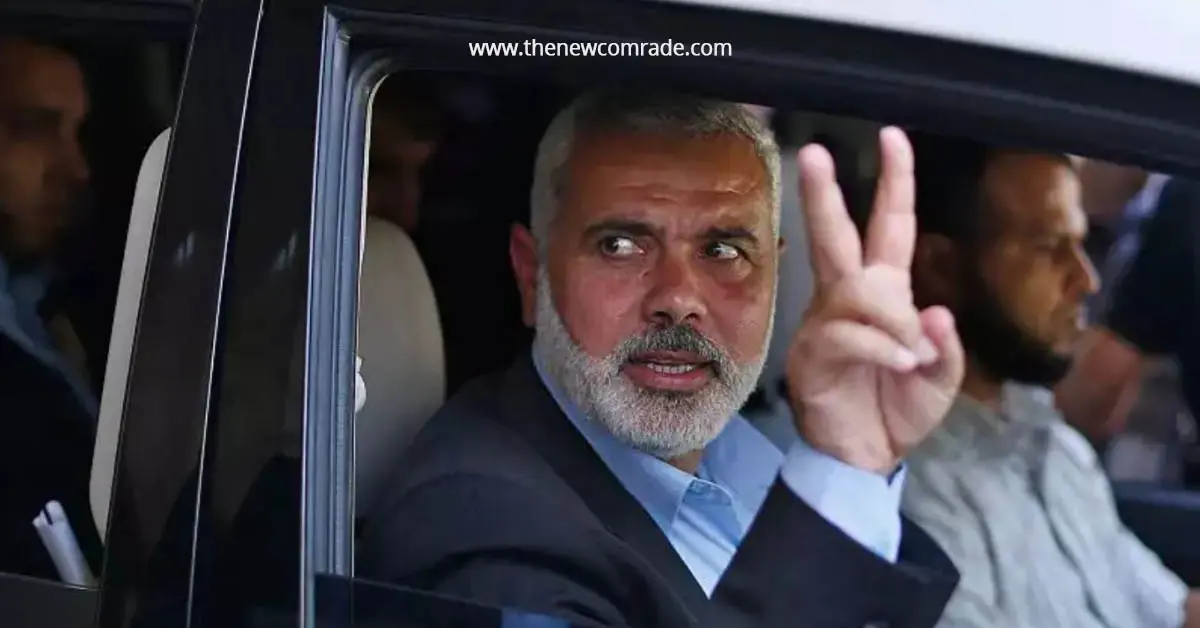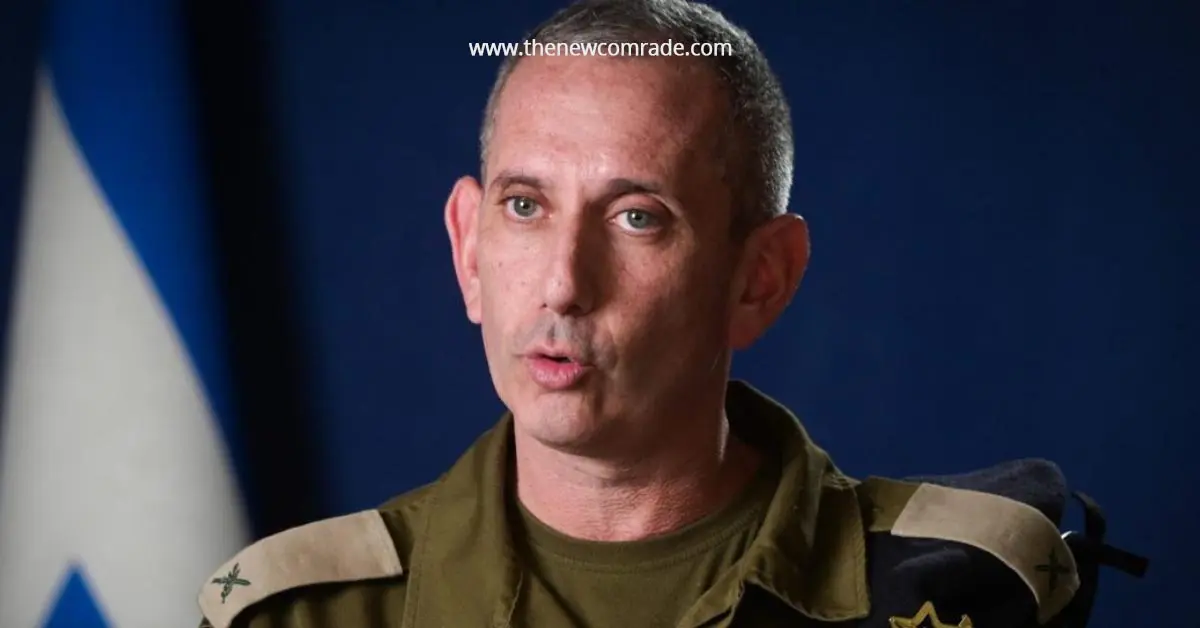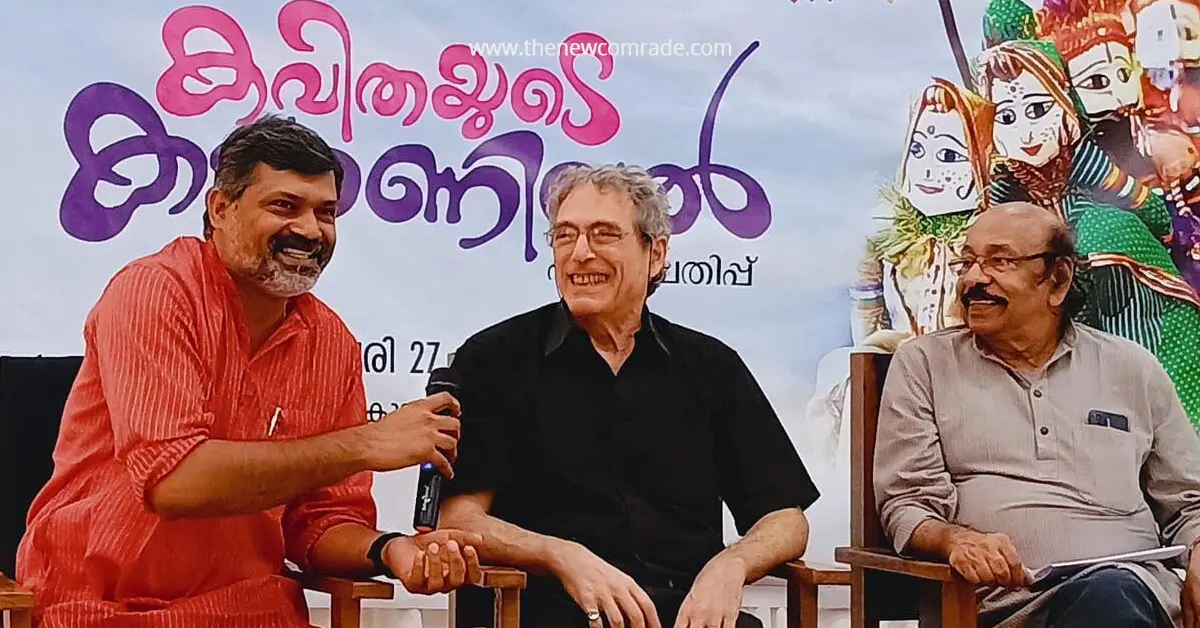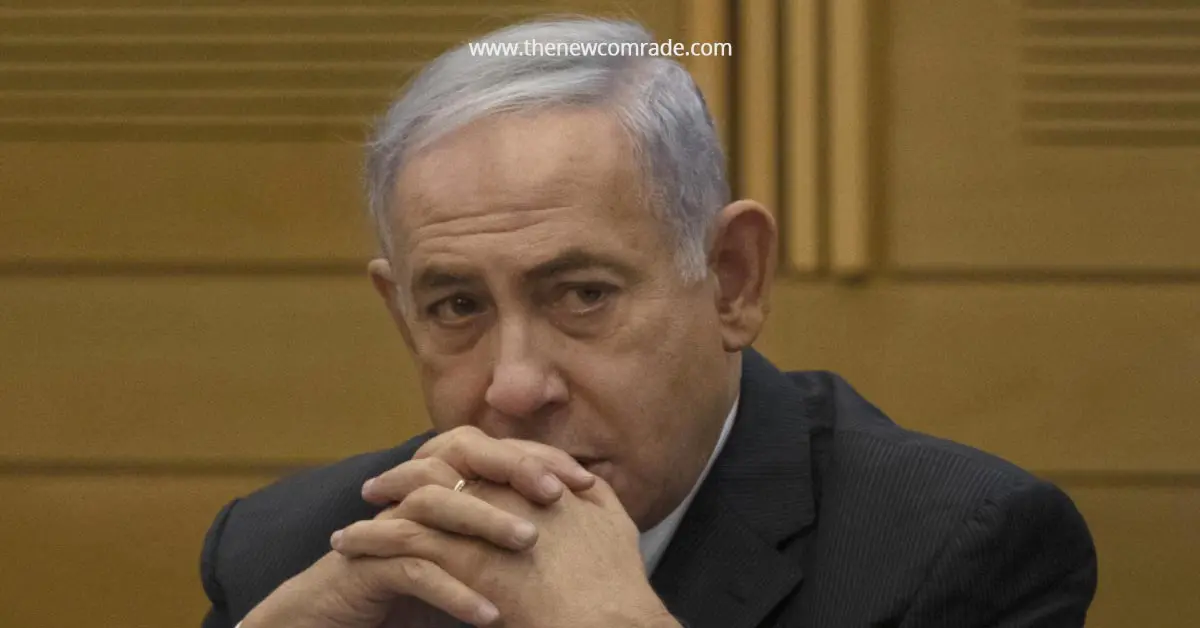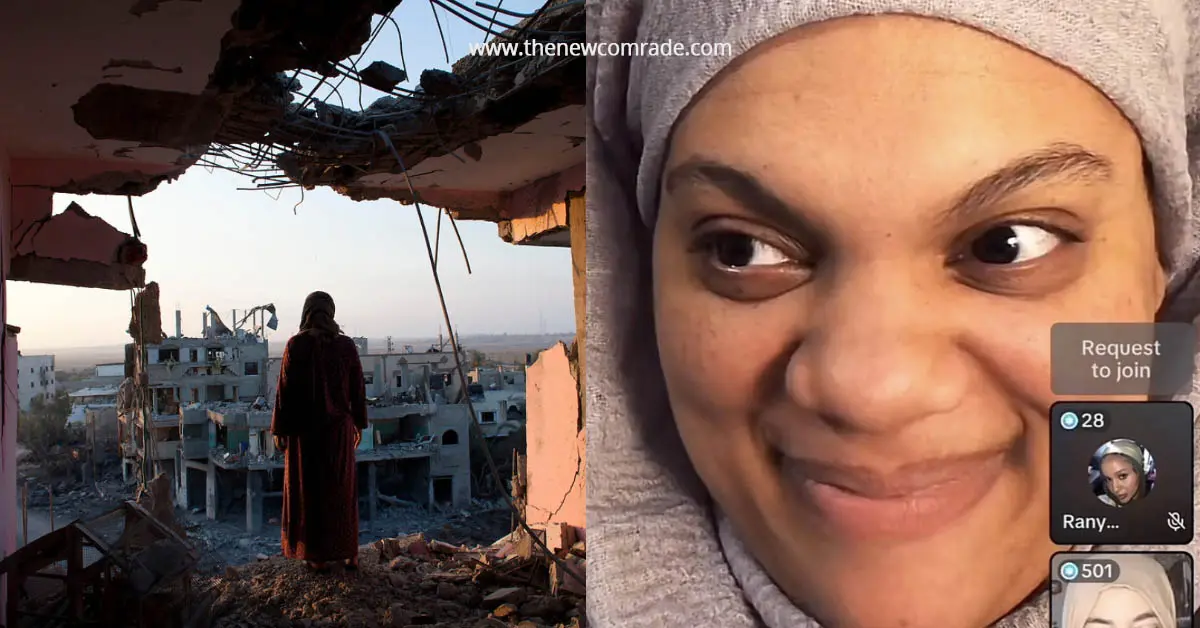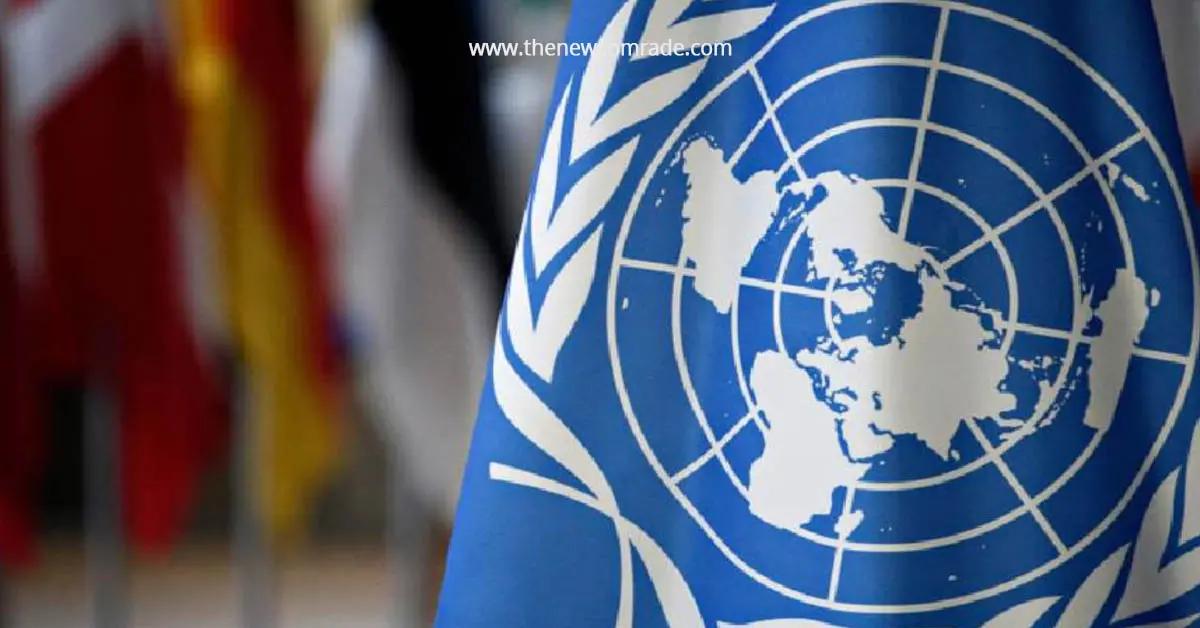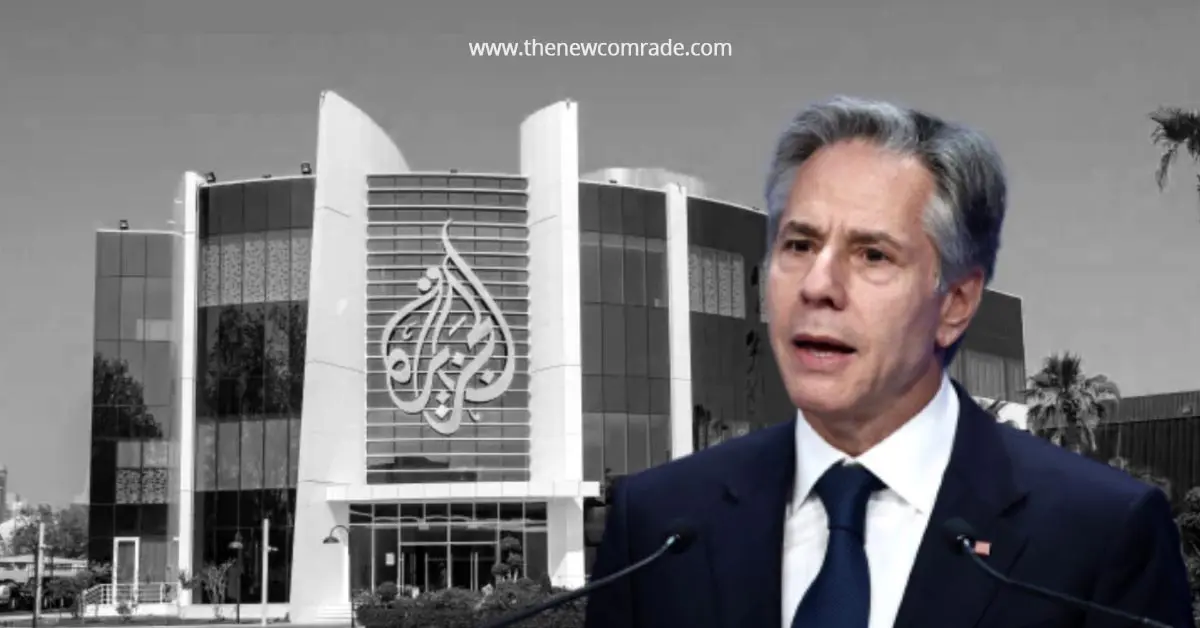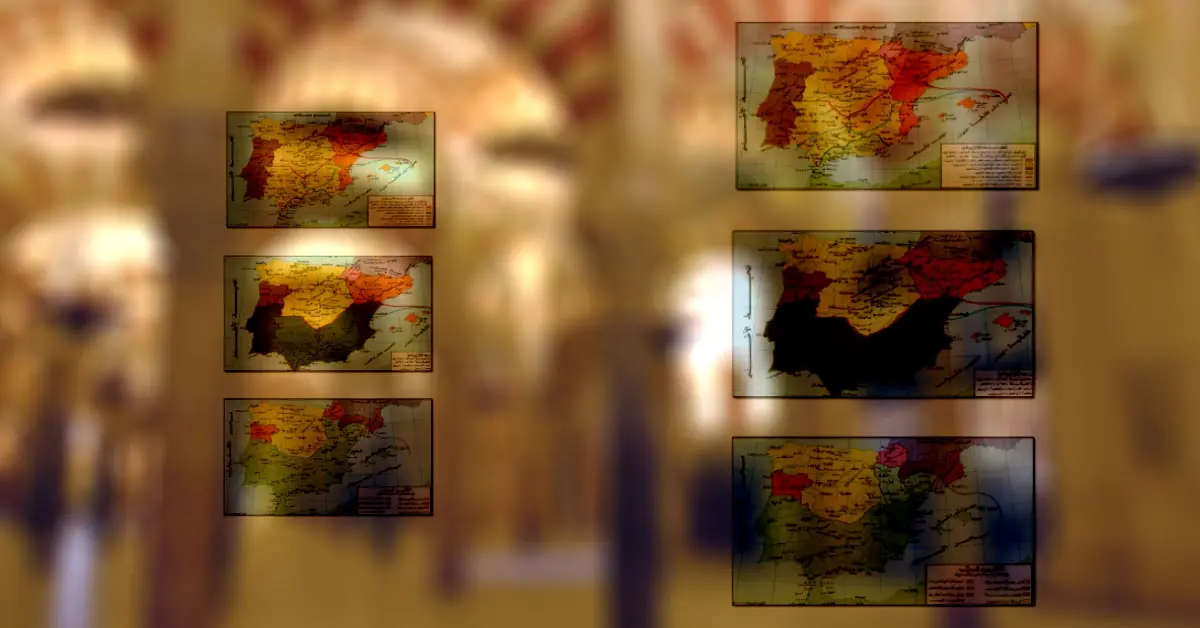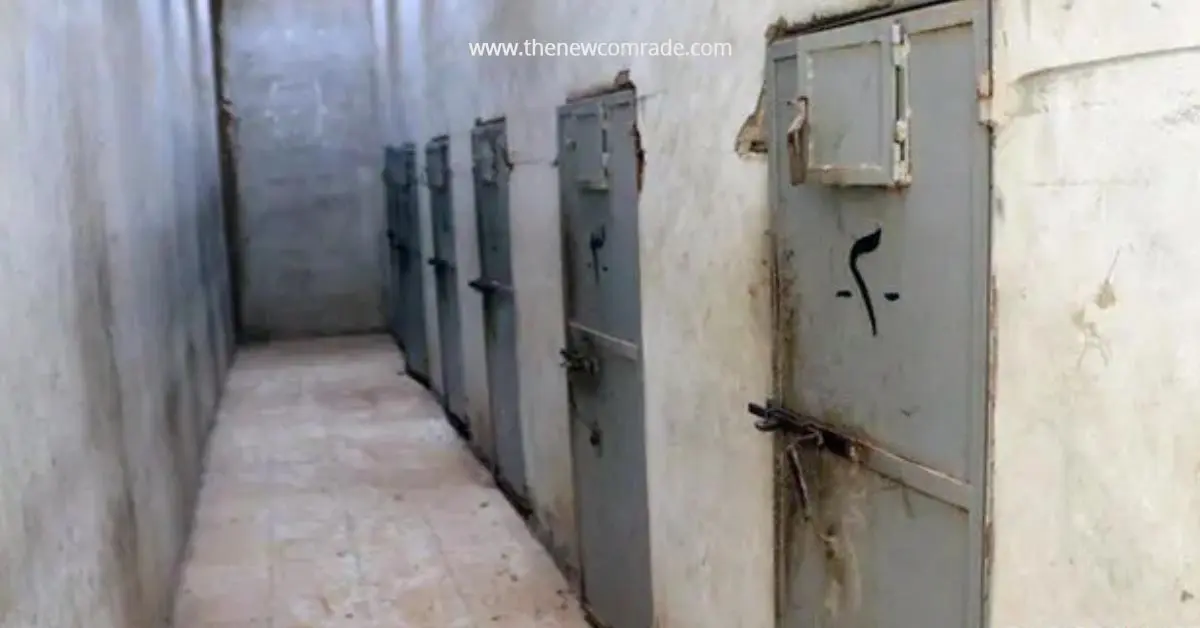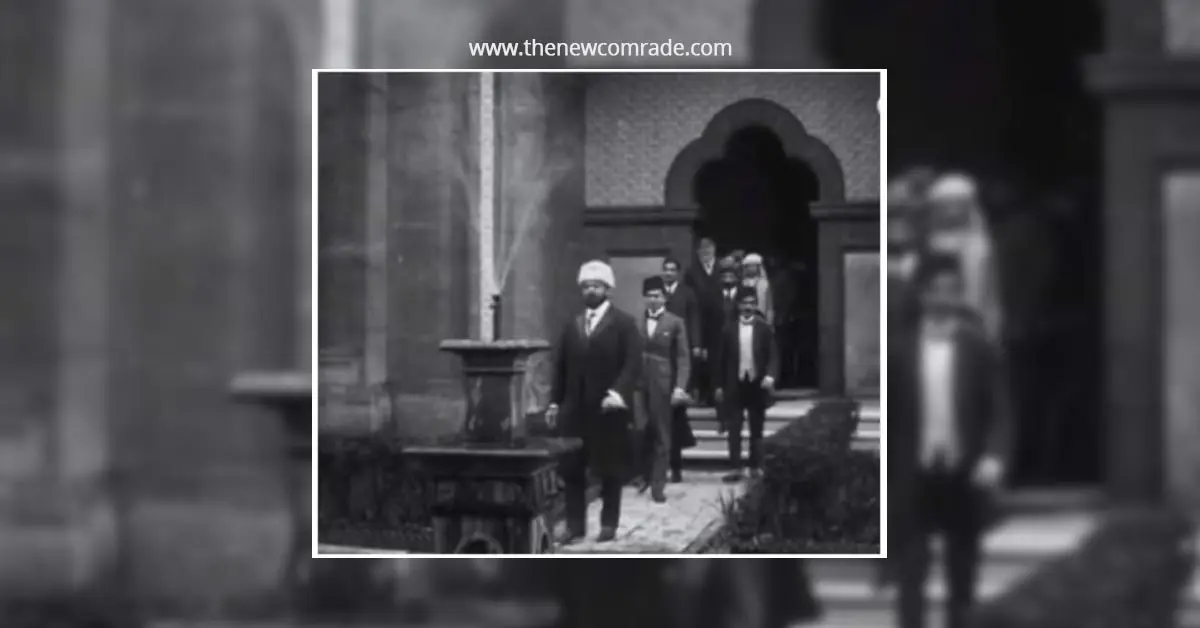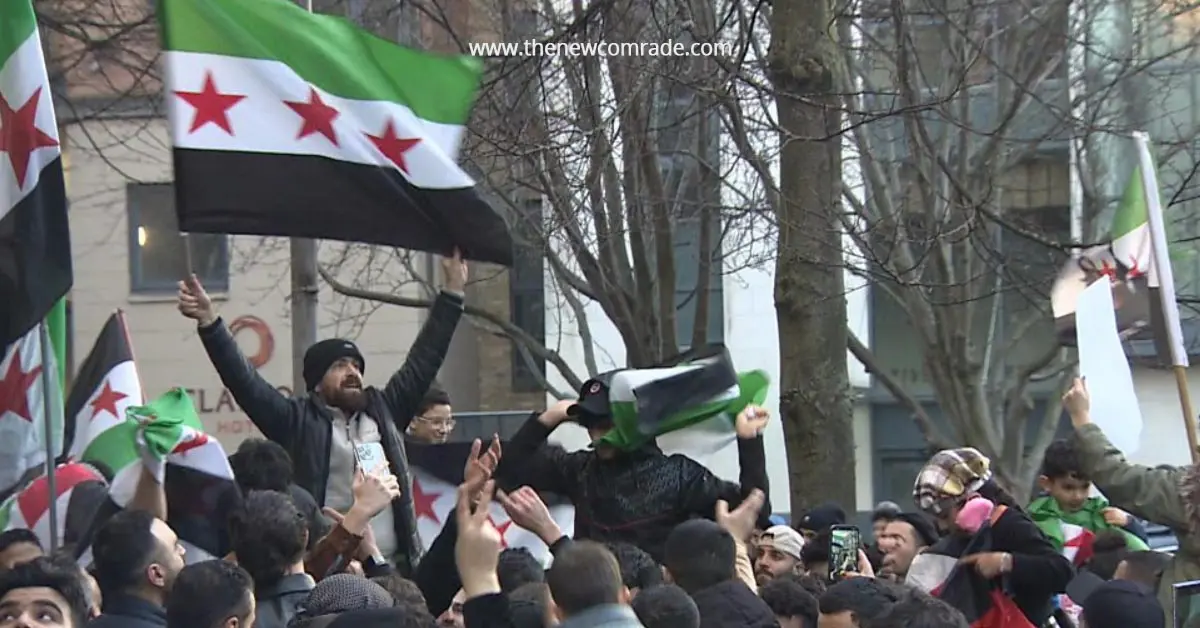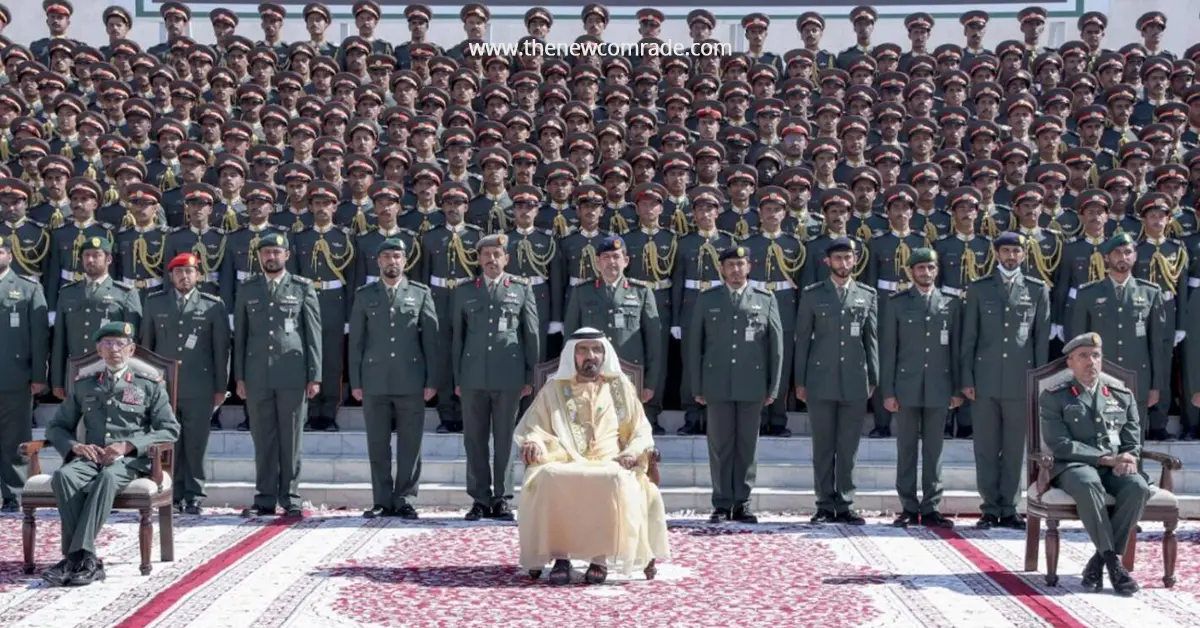Saturday’s surprise attack on Zionist entity by Palestinian groups may represent one of the biggest failures by Israeli intelligence since the Ramadan war of 1973. The attack involved dozens of infiltrations by land and sea, together with rocket attacks—a sophisticated assault that involves the kind of planning and coordination that intelligence agencies are supposed to pick up on. Hundreds have been killed on both sides.
While Zionist officials have said for months that Palestinian groups were preparing for violence, the timing and scale of the attack appear to have caught Prime Minister Benjamin Netanyahu by surprise. Zionist entity and its ally the US — which contributed $3.3 billion to the Zionist entity in defence spending in 2022— were already weighing who was most responsible and how it happened. “It is shocking to me that they were able to do it without Zionist entity or the US picking up on it,” said Martin Indyk, a former US ambassador to the Zionist entity and a fellow at the Council on Foreign Relations. “Failure to prepare. Failure to have troops along the border, failure of the fence along the border that they paid millions of shekels for.”
The attack is all the more shocking given that it comes 50 years after Israel’s failure to head off an attack that Egypt and Syria launched on the Jewish holiday, Yom Kippur. That intelligence failure prompted the creation of a commission to figure out what went wrong and became the subject of countless books and scholarly articles.
Israeli officials said it was far too soon to know what went wrong, and rejected any comparison to 1973. “Please do not give Hamas the sophistication of the Ramadan War,” Zionist defence forces spokesman Richard Hecht said. “I know there are a lot of questions about the intelligence. Please stop asking. Right now we are fighting. I am sure there will be a lot of discussions about the intelligence down the road.” Intelligence professionals typically distinguish between failures of collection, failures of analysis, and failures by policymakers to heed warnings from intelligence agencies.
For starters, there was the simple fact that the Zionist entity was in the middle of a holiday. Questions are being raised about whether Zionist army and intelligence services were distracted by domestic infighting. Zionists have protested for months against Netanyahu’s efforts to strip power from their judiciary. The entity is also in negotiations with the US and Saudi Arabia on a complex three-way deal in which Washington would offer security guarantees to Riyadh. “The real problem here is likely that the Zionist entity simply did not believe that Palestinian groups would risk a cross-border infiltration,’’ said Aai on David Miller, senior fellow at the Carnegie endowment Ibr international peace and a former state department Middle East negotiator. “The lack of sufficient Zionist forces in that area was a grievous failure.”
The US Congress will need to ask tough questions, given that Zionist and US intelligence agencies should have been expected to detect an attack on this scale, according to a congressional staffer who asked not to be identified discussing private conversations. The failure is all the more striking given that Zionist security services devote substantial resources to monitor Palestinian society, including the different groups, through networks of human sources, as well as surveillance technology.
Surprise attacks have often galvanised massive responses by the targetted countries. Pearl Harbour and 11 September both heralded the start of new wars and major shake-ups in the US’s security services. Within hours of Saturday’s attack, the Zionist defence forces launched Operation Swords of Iron, carrying out air strikes against targets in the Gaza Strip. Prime Minister Netanyahu declared that Zionist entity is “at war”. CIA director William Burns cancelled a keynote speech he was due to give on Saturday evening at Cipher Brief Threat Conference in Sea Island, Georgia, in order to work on the crisis, according to conference organiser Suzanne Kelly.
